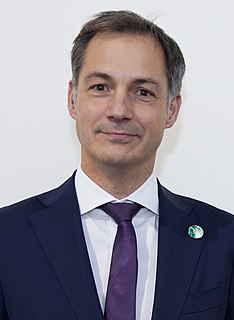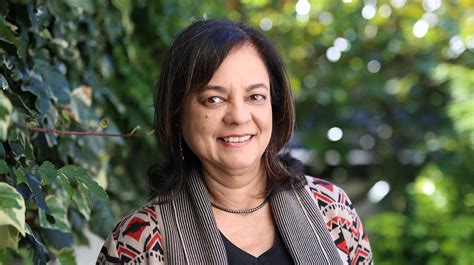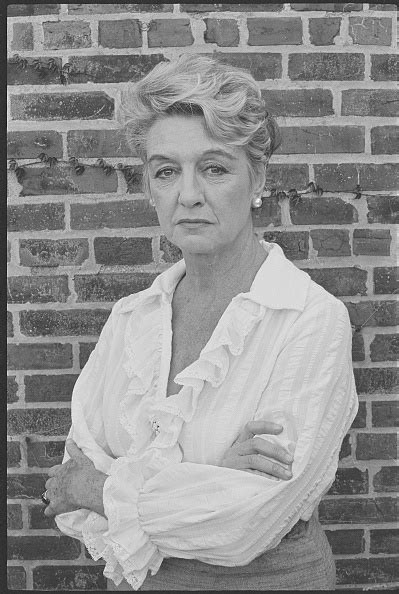A Quote by Elisabeth Kubler-Ross
Dying is an integral part of life, as natural and predictable as being born. But whereas birth is cause for celebration, death has become a dreaded and unspeakable issue to be avoided by every means possible in our modern society. Perhaps it is that.
Related Quotes
When one existentially awakens from within, the relation of birth-and-death is not seen as a sequential change from the former to the latter. Rather, living as it is, is no more than dying, and at the same time there is no living separate from dying. This means that life itself is death and death itself is life. That is, we do not shift sequentially from birth to death, but undergo living-dying in each and every moment.
Once you are afraid of death you are bound to be afraid of life. That`s why I am talking about this Hasidic approach. The whole approach consists of methods, ways and means of how to die - the art of dying is the art of living also. Dying as an ego is being born as a non `ego; dying as a part is being born as a whole; dying as man is a basic step towards being born as a God.
Human beings are born and begin their evolution through the great spiral of consciousness, moving from archaic to magic to mythic to rational to perhaps integral, and from there perhaps into genuinely transpersonal domains. But for every person that moves into integral or higher, dozens are born into the archaic.
For Death must be somewhere in a society; if it is no longer (or less intensely) in religion, it must be elsewhere; perhaps in this image which produces Death while trying to preserve life. Contemporary with the withdrawal of rites, Photography may correspond to the intrusion, in our modern society, of an asymbolic Death, outside of religion, outside of ritual, a kind of abrupt dive into literal Death.
We're all born with an ego - it's a natural part of who we are here. We're only completely without it in death. Fighting against this during life only creates more self-judgment. Plus, only when we love our ego unconditionally are we able to accept everyone else's. This is when it stops being an issue, and your humility and magnificence really shine through.
A human life has seasons much as the earth has seasons, each time with its own particular beauty and power. And gift. By focusing on springtime and summer, we have turned the natural process of life into a process of loss rather than a process of celebration and appreciation. Life is neither linear nor stagnant. It is movement from mystery to mystery. Just as a year includes autumn and winter, life includes death, not as an opposite but as an integral part of the way life is made.
But we are not interested in death at all: rather, we escape the facts, we are continuously escaping the facts. Death is there, and every moment we are dying. Death is not something far away, it is here and now: we are dying. But while we are dying we go on being concerned about life. This concern with life, this over concern with life, is just an escape, just a fear. Death is there, deep inside - growing.
By 'coming to terms with life' I mean: the reality of death has become a definite part of my life; my life has, so to speak, been extended by death, by my looking death in the eye and accepting it, by accepting destruction as part of life and no longer wasting my energies on fear of death or the refusal to acknowledge its inevitability. It sounds paradoxical: by excluding death from our life we cannot live a full life, and by admitting death into our life we enlarge and enrich it.
Who is a god? A god is one who has learned the secret of being happy with the whole universe, with every flower and with every river and with every rock and every star; who has become one with this continuous eternal celebration; who celebrates, who doesn't bother whose celebration this is. And wherever there is a celebration, he participates.
We cannot afford the still-birth of new ideas that lack the life force that comes from the depths. We are called to return to the root of our being where the sacred is born. Then, standing in both the inner and outer worlds, we will find our self to be part of the momentous synchronicity of life giving birth to itself.


































